Death with Dignity - author interview - Robert Orfali
 |
| Robert Orfali and his wife Jeri |
Robert Orfali, the guru of client/server systems in the early days of Silicon Valley, co-authored three best-selling books that demystified the complexity of these mission-critical systems and made them understandable to a whole new generation of programmers. The books sold over a million copies. In his most recent book, Death with Dignity, Robert uses his analytical skills to deconstruct the most complex system he has yet encountered: our modern end-of-life system. He wrote this book after helping his soulmate and coauthor, Jeri, navigate her death from ovarian cancer in 2009. The deep emotions Robert felt allowed him to look at how we die from a different perspective, another angle. Robert also wrote Grieving a Soulmate: The Love Story Behind “Till Death Do Us Part.”
For more information, please visit the books’ websites: www.DeathwithDignityBook.com
Welcome to The Writer's Life, Robert. Can you tell us a little bit about yourself and how long you’ve been writing?
A: I coauthored with my late wife, Jeri, three best-selling books on client/server systems. We stopped writing after Jeri was diagnosed with ovarian cancer in 1999. We had already moved to Hawaii where we spent the next ten years fighting Jeri’s cancer and learning how to live with it. Jeri even learned how to surf during her chemo years. She went from “Silicon Valley Executive Woman of the Year” to “Waikiki Surfer Chick.” The ocean and Hawaii helped Jeri fight her cancer; she lived much longer than the norm. She died at age 56 and received one of the most moving surfer funerals ever. Her ashes are in the ocean at Waikiki. The year after Jeri died, I wrote Grieving a Soulmate: The Love Story Behind Till Death Do Us Part. One year later, I came out with Death with Dignity: The Case for Legalizing Physician-Assisted Dying and Euthanasia.
Can you please tell us about your book Death with Dignity and why you wrote it?
A: Jeri’s last days had a tremendous impact on my grieving. In Grieving a Soulmate I wrote quite a bit about death and dying. However, I later felt that I had only scratched the surface. There were many things about the process that were still bothering me. After an incredible amount of research, I came to the conclusion that there was something terribly wrong with our end-of-life system. The lucky few will die suddenly or during sleep. But the remaining 80% of us will not leave life the way we would have liked to: “at home and without needless suffering.” In America, most people will die in small steps that are significantly influenced by medical decisions regarding the manner and timing of death. Most of us will find ourselves navigating through a labyrinth of confusing end-of-life choices. We will spend our last days (often years) in sterilized “torture chambers”—hospitals, nursing homes, and even hospices. Yes, the terminally ill needlessly endure torture at the end of their lives. I wrote Death with Dignity to explain how our end-of-life system works and how to make it better. I go over the good, the bad, and the ugly. I make a strong case that assisted dying complements hospice. By providing both, Oregon now has the best palliative-care system in America.
What kind of research was involved in writing Death with Dignity?
A: In the past, the computer books I coauthored were pretty airtight. I tried to do the same thing here. As much as possible, my arguments are based on empirical data, solid facts, and primary sources. I’ve done my homework. I also tried to make the book highly-accessible so the research just blends in. It’s an easy read.
Has it been a bumpy ride to becoming a published author or has it been pretty well smooth sailing?
A: It was “smooth sailing” after we landed our first contract with John Wiley and Sons.
For this particular book, how long did it take from the time you signed the contract to its release?
A: A little over a year. It took a little longer to release high-quality e-books for Kindle, iPad, Android, Nook, and so on.
Do you have an agent and, if so, would you mind sharing who he/is is? If not, have you ever had an agent or do you even feel it’s necessary to have one?
A: I do not have an agent.
Do you plan subsequent books?
A: No. This is my last book and all the proceeds go to charity.
Can you describe your most favorite place to write?
A: I write on my lanai. It is sheltered and has an inspiring view.
If money was no object, what would be the first thing you would invest in to promote your book?
A: I would buy a monthly full-page ad in the New York Times’ book review section.
How important do you think self-promotion is and in what ways have you been promoting your book offline and online?
A: Online self-promotion is very important. I’ve been doing the usual: website, YouTube trailer, press releases, and so on. My goal with Death with Dignity is to get the word out; not to make money. So I priced the e-book at $0.99, which is as close to free as Amazon allows. Because death is inevitable, the information in my book can be invaluable to most people. It can help them navigate their death or the death of a loved one. In this age of medicalized death, it pays to be an informed consumer. Of course, the problem is that we are wired to avoid thinking about our mortality. We are in constant denial: death remains the last taboo topic of polite conversation. So I have to fight an uphill battle to promote my book. Note: Reading about death won’t kill you.
What’s the most common reason you believe new writers give up their dream of becoming published and did you almost give up?
A: The rejection rates are phenomenal. However, mainstream publishers are a dying breed. The future belongs to self-publishing and e-books. New writers must not give up their dream. There are almost no barriers to entry, but be aware that the market will reject shoddy products.
Any final words of wisdom for those of us who would like to be published?
A: My advice to new writers is to test the waters with an e-book. The secret is to write a great book, and know your target audience and how to reach it.
Thank you for your interview, Robert. I wish you much success!
A: Thank you. It was a pleasure.






















































































































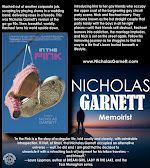


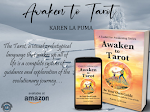
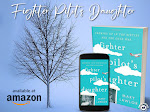
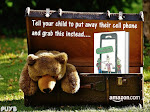
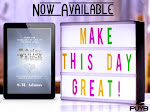


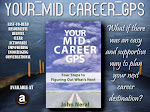
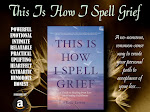
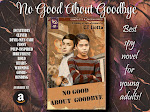


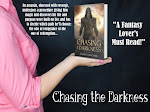
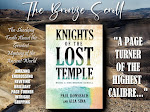


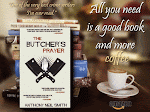
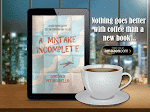
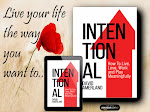
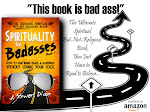




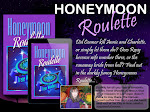
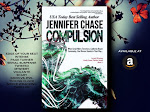

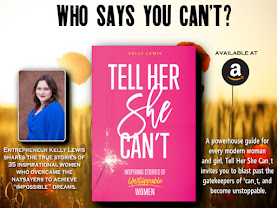










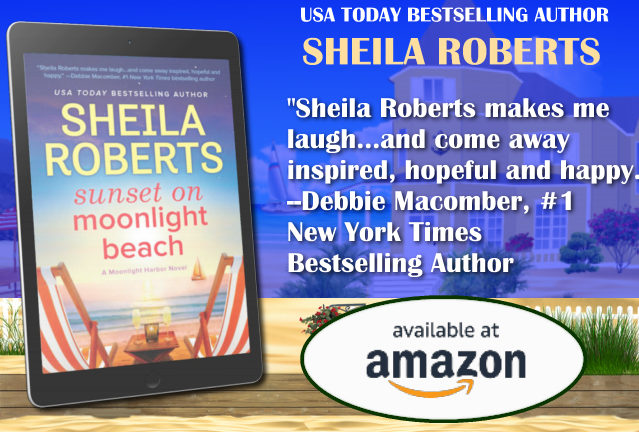



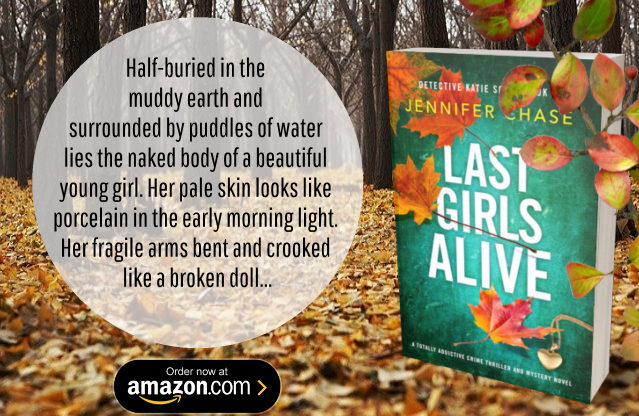
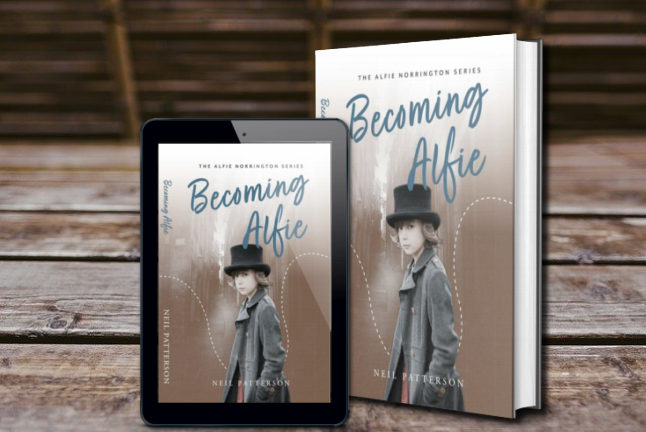
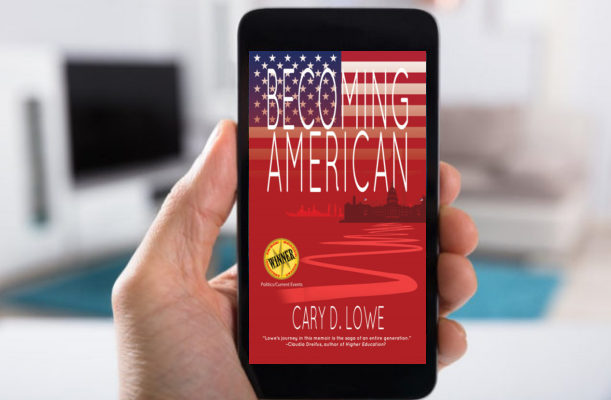

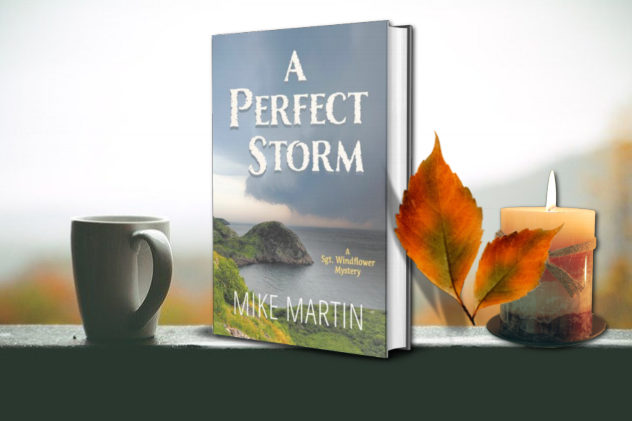
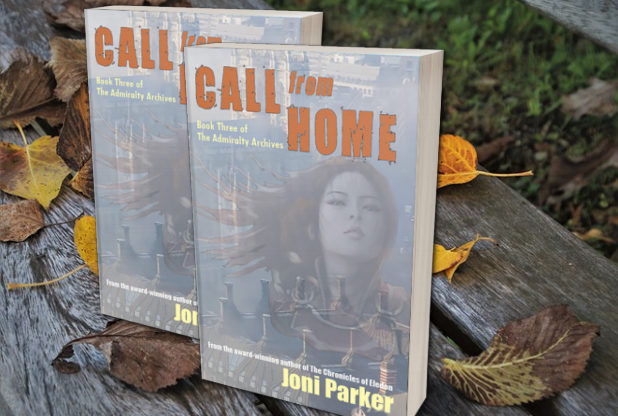



Leave a Comment